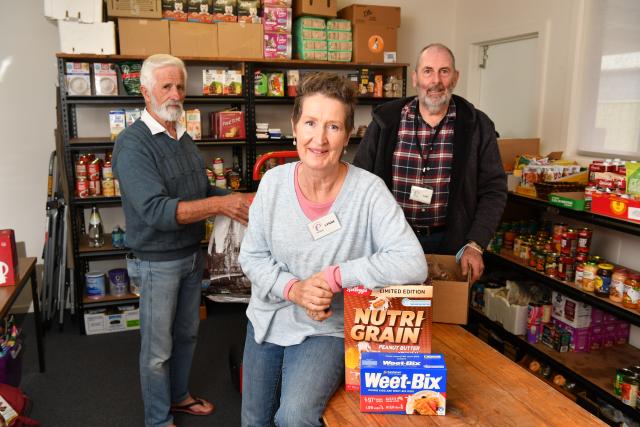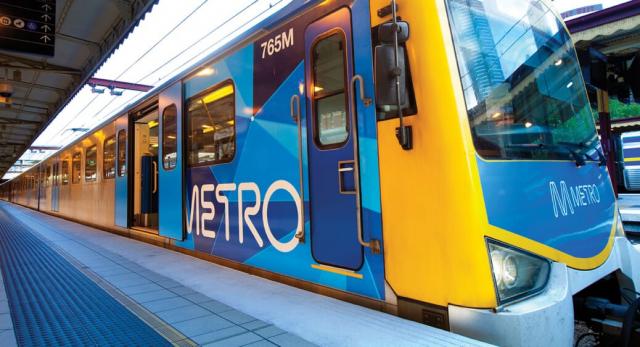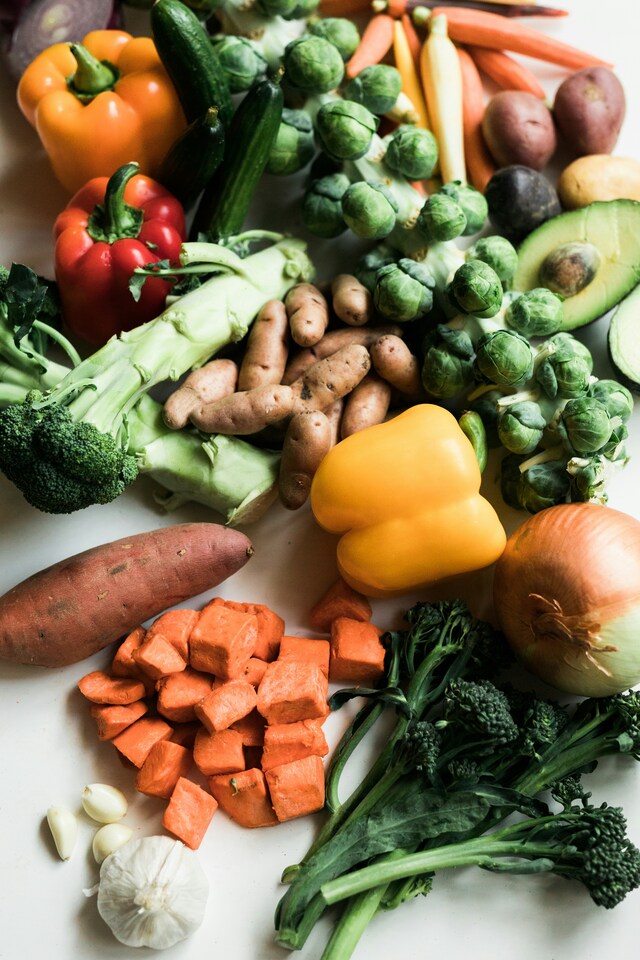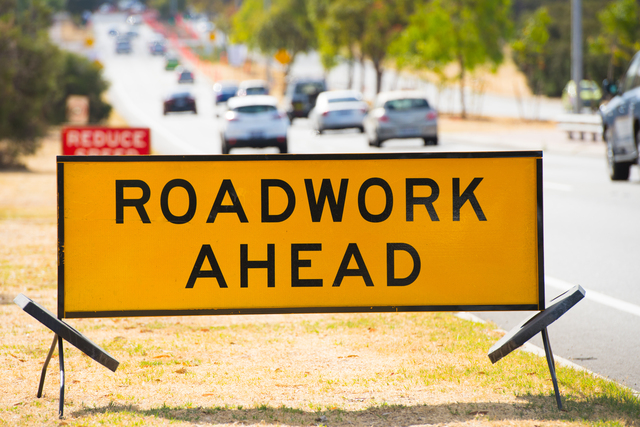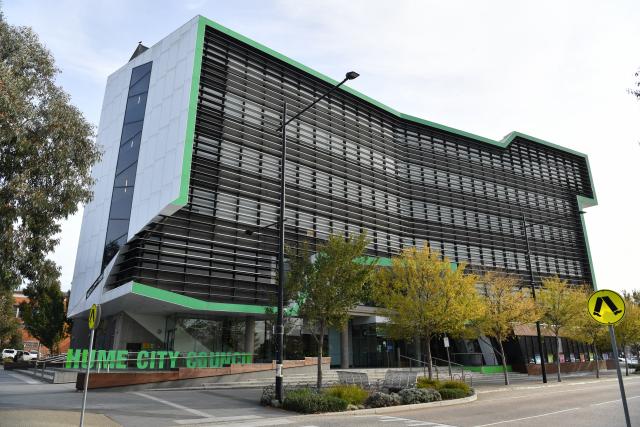A local food bank is seeing more faces than ever, as the rising cost of food and produce is forcing new people to seek help.
“The margin that people are trying to live on, people trying to live from week to week, it’s very difficult for them… if their income is so small and the price of fruit and veggies has gone up 150 per cent,” Gisborne Food Bank manager Lynne Margaret said.
Since Star Weekly spoke with Ms Margaret in April, she said she’s seen “a lot” of new clients come through the food bank’s doors.
“In our area, which is a reasonably well-off demographic… we’re probably looking at an extra 15 per cent of new people coming in,” she said.
Ms Margaret said the demand for fresh produce was hot, “they’ll go straight for the fresh fruit and vegetables, that’s what they’re asking for”.
“Also, they’re asking for fuel vouchers… They just don’t have enough money left for fuel, which is going to have a huge effect if they can’t get to work,” she said.
She said while it was sad to see more people struggling, she’d also had an influx of people interested in lending a hand.
“In the same way that we’ve had more people come in through the door needing support, we’ve also had a lot of support from our local community, including our schools, our kindergartens, our local churches,” Ms Margaret said.
“We’ve had a whole lot of extra support, so it’s reflecting the fact that those people who are able to support each other, they are being very generous in helping those that are unable to help themselves.”
She said on top of the volunteer requests, reconnecting with schools who undertake monthly drives to collect non-perishable foods had been helpful.
A solution to the crisis, in Ms Margaret’s mind, was “to raise that lowest income”.
“It’s just not cutting it, what they’re getting is just not cutting it,” she said.
“They just don’t have enough to spread, paying their mortgage, paying their rents, paying their rates, paying their electricity bills… paying their petrol bill.
“When petrol’s gone up over double, how is somebody on that low income going to be able to afford to get themselves from A to B.”

